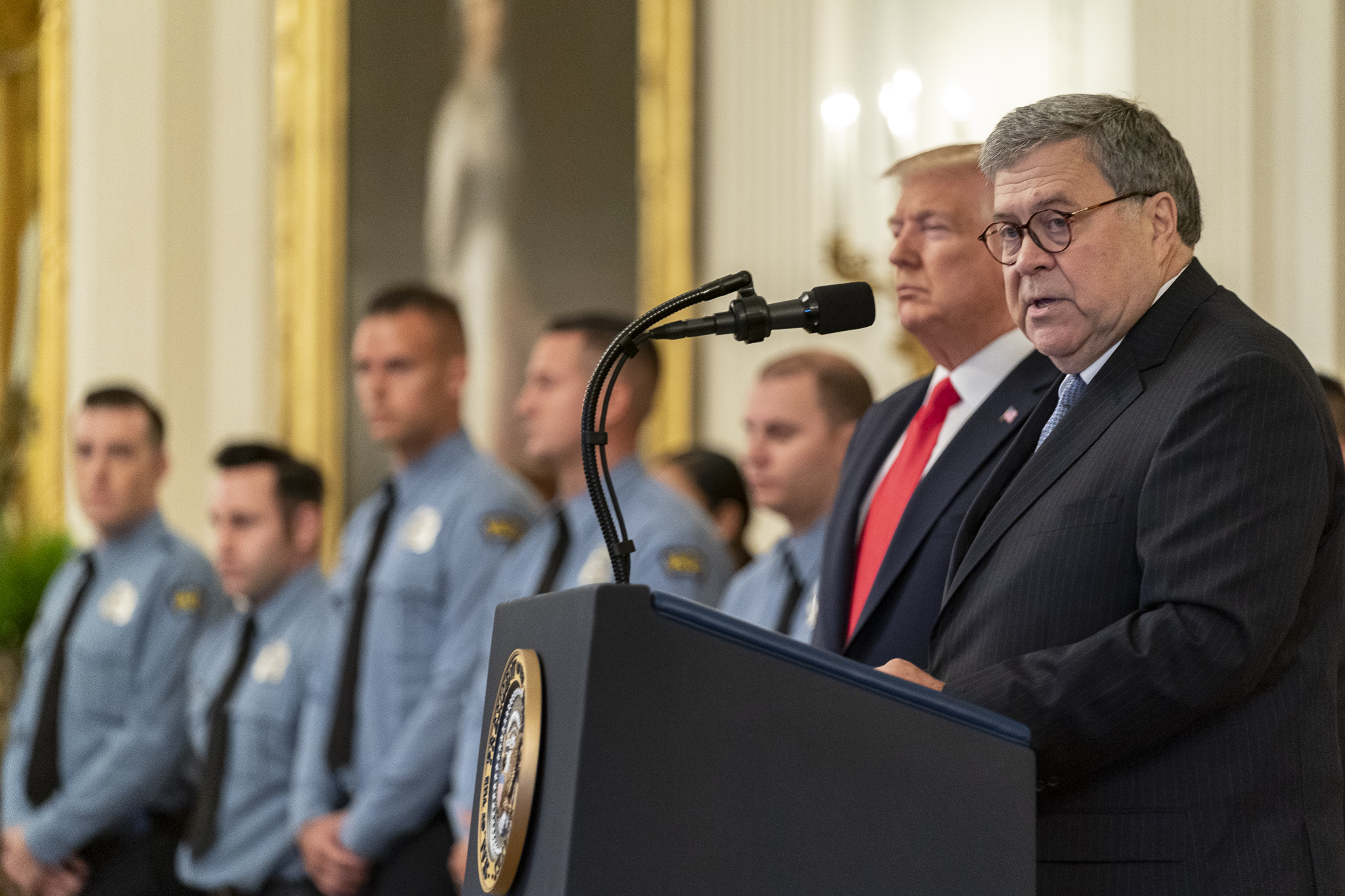Today's Headlines and Commentary
U.S.
Published by The Lawfare Institute
in Cooperation With

U.S. Secretary of State John Kerry met with his Russian counterpart in Zurich yesterday to discuss the upcoming negotiatons between the Syrian opposition and the Assad government, but the New York Times reports that disagreements remain over the which parties will represent the various Arab and Western-backed opposition movements. Additional concerns stem from the recent battlefield successs of the Russian-backed Assad regime, which Western officials fear could diminish the Syrian government's will to engage in negotiations. The talks, scheduled for Monday, will likely be postponed, but there is no word as to when they might take place. Though Kerry stated that the talks might be pushed back by "a day or two," his counterpart Sergei Lavrov maintained that the discussions must start within the next few days and cannot be delayed.
As disagreements continue over the upcoming discussions, Foreign Policy tells us that a U.N. envoy has accused Saudi Arabia of obstructing efforts to involve a range of Syrian opposition groups. Complicating matters further, an Islamist leader of the militant group Jaysh al Islam has been named chief negotiator of the Saudi-backed Syrian opposition group. Both the Syrian government and Russia consider Jaysh al Islam to be a terrorist group.
In an attempt to increase support for the coalition’s fight against ISIS, U.S. Defense Secretary Ash Carter has invited 26 other defense ministers to a meeting in Brussels in three weeks. Defense One tells us that Carter is hoping to generate Arab support and involvement in the fight. Following a meeting between the defense ministers for the countries leading the Western coalition’s charge against the Islamic State, ministers from the United States, France, Germany, Britain, Italy, Australia and the Netherlands pledged to ramp up their efforts against ISIS. French President François Hollande stated that French strikes against ISIS would accelerate in the months to come.
According to the Wall Street Journal, ISIS is using the Tabqa Dam to shelter senior officials and high-value prisoners, under the assumption that coalition forces will not attack Syria’s largest dam out of concern that the resulting damage that would cause its rupture. One expert suggests that the dam’s rupture would result in devastating floods and a loss of electricity for all of eastern Syria.
Noting that “establishing a worldwide caliphate has proved to be a rather expensive endeavor,” Defense One reports that ISIS is cutting its fighters’ salaries by half due to increasing financial pressures. A leaked memo from the group’s treasury suggests that, “because of the exceptional circumstances that the Islamic State is passing through, a decision was taken to cut the salaries of the mujahedeen in half.”
Speaking of the group being strapped for cash, the New York Times tells us that U.S. forces are targeting ISIS's cash piles and adds that “American warplanes have struck nine depots where the group is believed to have stashed tens of millions of dollars in cash.”
Al Jazeera reports that U.S. forces are preparing to use the Rmeilan airfield in northern Syria to support the fight against the Islamic State. The airfield was previously controlled by the US-supported Kurdish People's Protection Units. While U.S. sources have not confirmed the use of the airbase, the Syrian Observatory for Human Rights reported that U.S. personnel had taken over the base and were preparing it for use.
Reuters tells us that the United States is working with Turkey to seal the latter’s border with Syria. U.S. Vice President Joe Biden will arrive in Turkey to meet with President Tayyip Erdogan and Prime Minister Ahmet Davutoglu to discuss the fight against ISIS and may offer border-control technology to aid Turkish security personnel in blocking ISIS militants from crossing into Turkey.
Two Shia militias have emerged as the prime suspects in the kidnapping of three American citizens in Baghdad. Unnamed security officials told the Associated Press that investigators were focusing on the two Shia groups, Asaib Ahl al-Haq and Saraya al-Salam, both of which, a local official suggested, had a strong presence in the neighborhood where the kidnapping occurred. As the search for the missing Americans continues, Iraqi Prime Minister Haider al-Abadi cast doubt on whether the Americans were even kidnapped at all.
Shane Harris of the Daily Beast noted the absence of former FBI agent Robert Levinson from the recent prisoner exchange with Iran and suggests that the reason for Levinson’s absence is that Iran is unable to locate the former agent. A variety of U.S. officials have expressed doubt that Iran has any knowledge of Levinson’s whereabouts, and Harris writes that “for years, competing theories about what happened to Levinson have only deepened the mystery surrounding his case.”
Following the decision made by Iran’s Guardian Council to approve only 1% of the reformist candidates running in upcoming parliamentary elections, Iranian President Hassan Rouhani criticized the move in a televised address. In his remarks, Rouhani said that Iran “must create hope, enthusiasm, competition” and urged the Council to accept more reformist candidates. The BBC reports that only 30 out of the 3,000 reformist candidates were approved. The Post has more.
A blast targeting a minibus carrying journalists from an Afghan media company left seven employees dead and dozens injured. Afghan Media outlet Tolo TV has been threatened by the Taliban since its coverage of the Taliban takeover of Kunduz in September. Reuters tells us that this is the sixth such attack in Kabul since the New Year and “the latest in a series of suicide attacks in the Afghan capital that coincide with renewed efforts to revive a peace process with Taliban insurgents that broke down in July.”
The New York Times’ Charlie Savage highlights the Obama administration’s recent decision to relax rules surrounding military operations targeting the Islamic State-affiliate in Afghanistan, writing that the “change reflects growing concerns within the government about the militant group’s emerging role” in the country.
A day after militants opened fire at a university in northwest Pakistan and left at least 22 dead, a faction of the Pakistani Taliban has claimed responsibility for the attack. The Times writes that "attacks on education have long been a signature atrocity of the Pakistani Taliban, whose militants have set schools on fire, banished girls from classrooms and gunned down students at their desks in a quest to impose an extremist ideology on Pakistani society." The attack sheds light on the continued presence of militant groups in the country despite Pakistan’s crackdown on terrorism along the country’s border with Afghanistan.
A British inquiry into the poisoning of ex-KGB dissident Alexander Litvinenko in London implicates the Kremlin in the murder. According to the Daily Beast, retired judge Sir Robert Owen told the Royal Court of Justice that “the FSB operation to kill Mr. Litvinenko was probably approved by Mr. Patrrushev, then head of the FSB, and also by President Putin.” Owen’s report highlights personal tension between Litvinenko and the Russian president. The Post has more.
Meanwhile, in “a move likely to exacerbate tensions with Western allies,” Israel confirmed its intentions to appropriate an area of arable land in the West Bank. Western and international officials have condemned the decision, with U.N. Secretary General Ban Ki-moon maintaining that "settlement activities are a violation of international law and run counter to the public pronouncements of the government of Israel supporting a two-state solution to the conflict."
Israel arrested five Palestinians suspected of planning an attack orchestrated by Hezbollah. Israeli officials say that the leader of the group was recruited through social media by the son of a Hezbollah leader.
A Saudi airstrike on a Houthi-operated oil facility killed at least nine in Yemen. Reuters suggests that growing tensions between Iran and Saudi Arabia might jeopardized peace talks between the Saudi-backed Yemeni government and Iran-backed Houthi rebels. Talks scheduled for January 14th were cancelled after Saudi Arabia cut diplomatic dies with Iran.
Ali Muhammad Brown, accused of terrorism for the alleged murder of a college student in New Jersey, is set to appear in court in the "first-ever terrorism counts filed under New Jersey's law." Elsewhere, a New York man wanted by the NYPD for an ISIS-related threat turned himself in.
ICYMI: This Weekend, on Lawfare
Michael Knapp provided a brief analysis of the 39 letters "consistent with" the War Powers Resolution requirements President Obama has sent to Congress.
Email the Roundup Team noteworthy law and security-related articles to include, and follow us on Twitter and Facebook for additional commentary on these issues. Sign up to receive Lawfare in your inbox. Visit our Events Calendar to learn about upcoming national security events, and check out relevant job openings on our Job Board.





